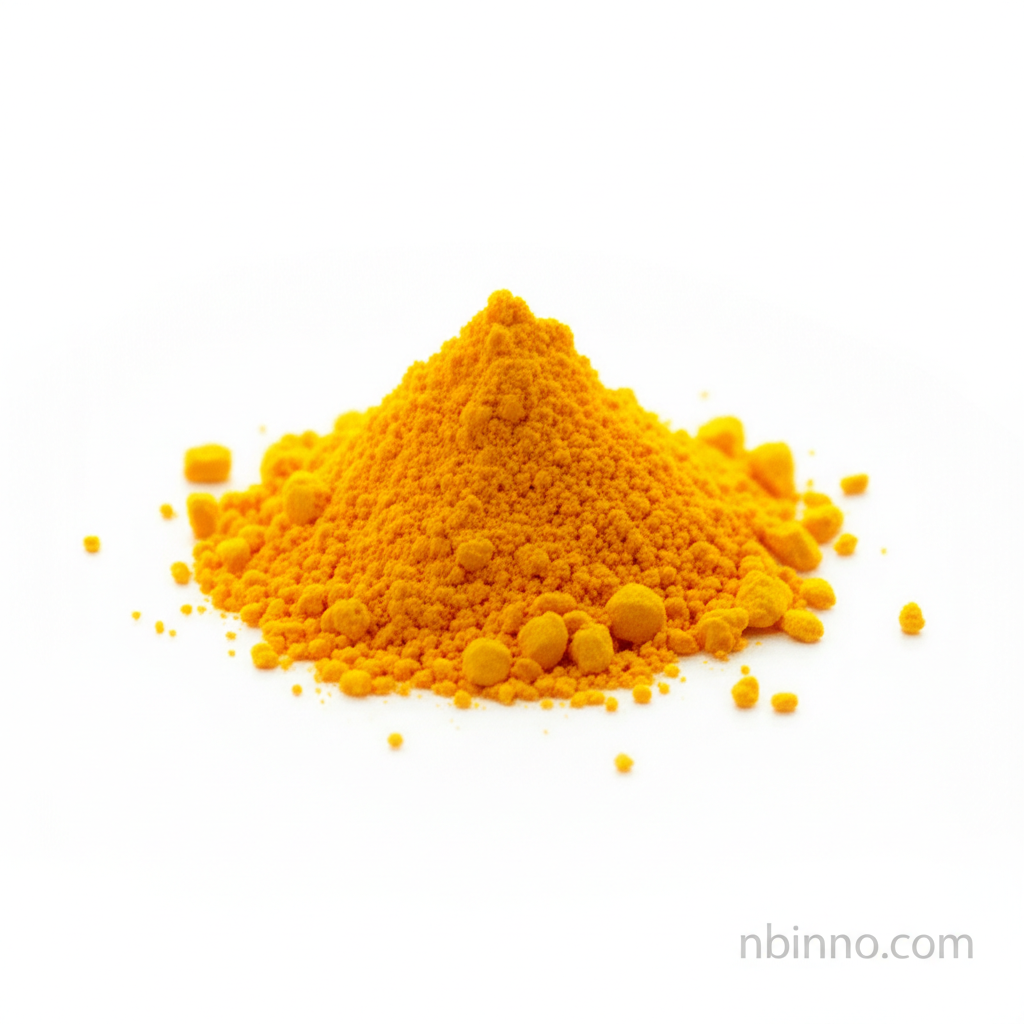Chrysophanic Acid: A Natural Anthraquinone with Diverse Biological Activities
Explore the multifaceted potential of chrysophanic acid in research and therapeutic development.
Get a Quote & SampleProduct Core Value

Chrysophanic Acid
Chrysophanic acid, also known as chrysophanol, is a naturally occurring anthraquinone compound with a broad spectrum of biological activities. It is a valuable tool in scientific research, particularly in the fields of oncology, inflammation, and the development of new pharmaceutical agents.
- Discover the anticancer activity of chrysophanic acid in EGFR-overexpressing colon cancer cells, offering insights into novel treatment strategies.
- Understand the anti-inflammatory properties of chrysophanol by its modulation of pro-inflammatory cytokines, aiding in research for inflammatory diseases.
- Investigate the potential of natural compounds like chrysophanic acid for drug discovery and development.
- Learn about the role of chrysophanic acid as a potential EGFR/mTOR pathway inhibitor in various cellular processes.
Key Advantages
Versatile Research Applications
Leverage chrysophanic acid for its multifaceted biological effects, making it an essential compound for drug discovery and scientific exploration.
Natural Origin, Potent Effects
Harness the power of nature with chrysophanol, a compound derived from plants, showcasing potent anticancer and anti-inflammatory potential.
Mechanism of Action Insights
Gain a deeper understanding of cellular pathways and disease mechanisms by studying the effects of chrysophanol on enzyme and protein activity.
Key Applications
Anticancer Research
Chrysophanic acid is widely studied for its cytotoxic effects on various cancer cell lines, making it a subject of interest in oncology research.
Anti-inflammatory Studies
Explore the anti-inflammatory properties of chrysophanol, which could lead to the development of new treatments for inflammatory conditions.
Drug Discovery & Development
Utilize chrysophanic acid as a lead compound or research tool in the quest for novel therapeutic agents targeting various diseases.
Phytochemical Research
Investigate the broad range of biological activities exhibited by chrysophanol as a representative of plant-derived bioactive compounds.
